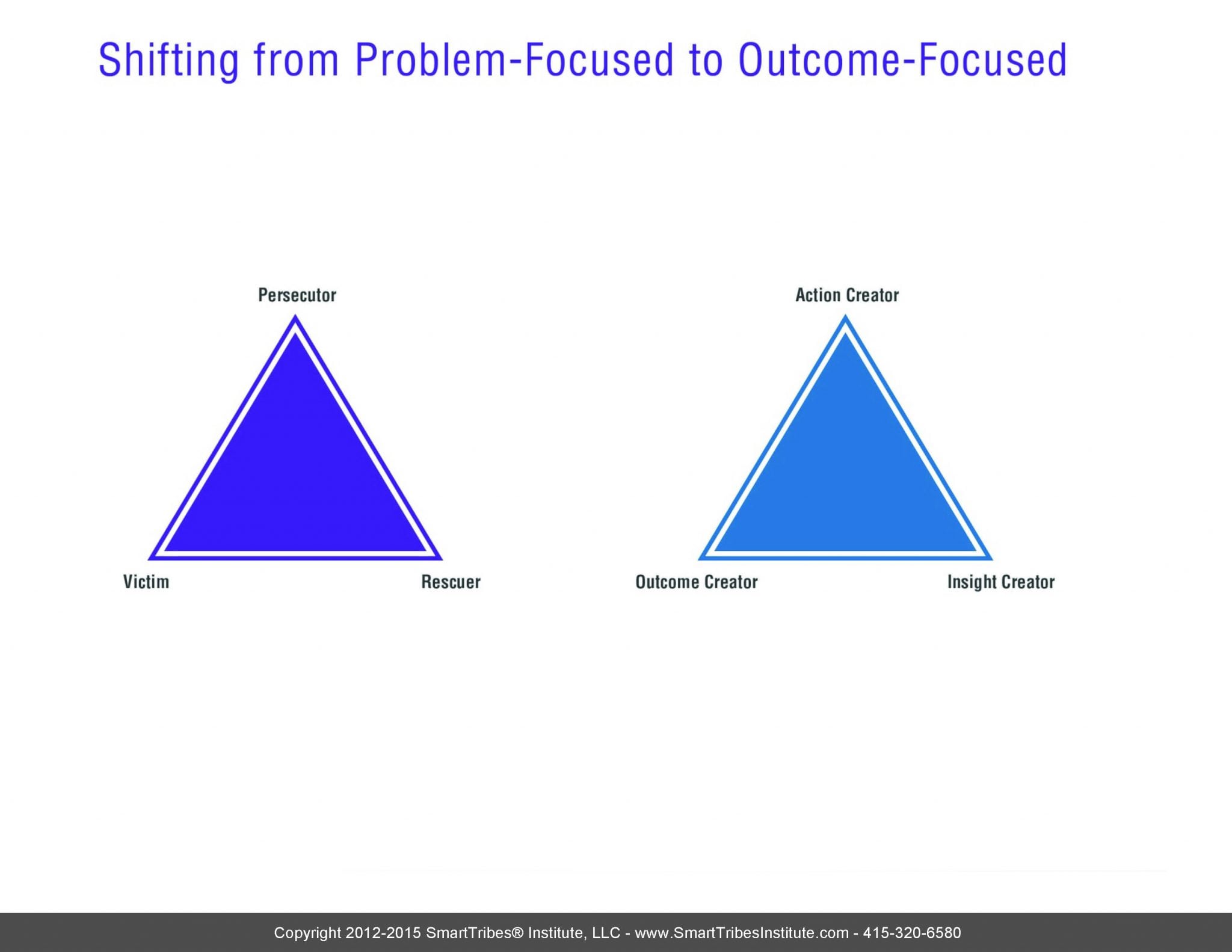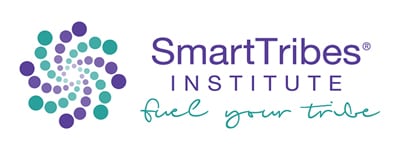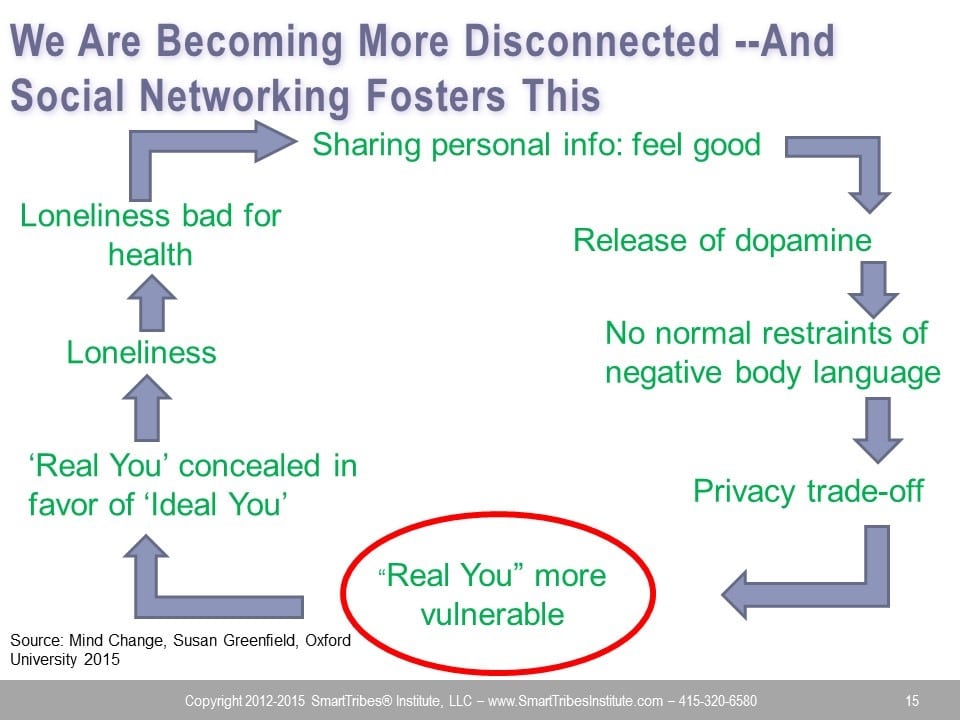The Key To Developing Influence
December 1, 2015
Are You Outcome Focused?
December 3, 2015As we spend more and more time connected to technology, we’re spending less and less time connected to each other.
And as we spend more and more time connected to technology, we’re multitasking more. That’s a problem.

Multitasking reduces gray matter density in the area of the brain called the Anterior Cingulate Cortex (ACC). Susan Greenfield, a brilliant neuroscientist at Oxford, spoke about this, and other related issues, at the recent Aspen Ideas Festival.
Here’s a quick primer, thanks to Wikipedia. The ACC has both cognitive (dorsal), and emotional (ventral) components. The dorsal part of the ACC is connected with the prefrontal cortex and parietal cortex as well as the motor system and the frontal eye fields making it a central station for processingtop-down and bottom-up stimuli and assigning appropriate control to other areas in the brain. By contrast, the ventral part of the ACC is connected with the amygdala, nucleus accumbens,hypothalamus, and anterior insula, and is involved in assessing the salience of emotion and motivational information.
The ACC is involved in a number of cognitive and emotional functions including reward anticipation,decision-making, empathy, impulse control, and emotion. It acts like a hub for processing and assigning control to other areas of the brain, based on whether the messages are cognitive (dorsal) or emotional (ventral). So when we have reduced gray matter density in the ACC due to high media multitasking, over time we see reduced ability to make sound decisions, to modulate our emotions, to have empathy and to connect emotionally to others.
Wow.
Reduced connection increases stress, distrust, even aggression. And it also decreases empathy.
Here’s an example of how social media is making us disconnected.

So the result is… lots of anxiety in all areas of our personal and professional lives. We “over share” on social to feel good, often creating and ideal us. But then the real us isn’t revealed, which causes greater disconnection. And the cycle repeats.
Your Brain on Stress
Stress causes your body to release cortisol which then triggers cytokines–proteins that are key in cell signaling. Cytokines affect the behavior of many cells. The result? Excessive cytokines lead to lots of trouble. Here’s a summary:
Stress -> Cortisol released -> Cytokines triggered-> A person then:
- Is easily upset
- Has immune system damage
- Experiences learning challenges
- Has difficulty organizing
Learning systems affected by cytokines are:
- Hippocampus: memory, learning
- Limbic system: fight/flight/freeze response
- Amygdala: emotional regulation, reactivity, remembered stress
- Prefrontal Cortex: self-regulation, attention, executive functions
So what’s the solution? Bring profound meaning to your workplace to increase connection, trust, performance, shared identity while reducing stress and emotional upset.
Shared identity + profound meaning = trust = tribe
Creating Trust and Tribe
You’ve read about the importance of safety, belonging, mattering in my previous blogs. This is a great foundation to create trust. Let’s now understand what trust does for your awesome brain.
In environments and relationships of trust serotonin and dopamine are released, which results in our feeling good due to oxytocin (the bonding neurotransmitter). At the same time cortisol (the stress-related hormone) is reduced. The result is we experience increased resilience in stressful times due to trust of our leader which supports our own emotional self-regulation (“I’m with a great leader, so I’ll be ok, so I don’t need to freak out now.”)
A more reliable, enriched, interactive tribal environment is good for the brain and business. Enrichedmeans an interactive, stimulating environment which leads to increased surface area of brain cells, which results in making more connections/solving problems faster/figuring things out faster/innovating better.
Reliable Environments Have High ROI
A brain in an enriched (stimulating) environment will have more branches, and more branches = more surface area = more connections = more meaning (personalizing things around you)…

Meaning can also manifest as checks and balances. Think of when you last made meaning about someone/something… how did it make you feel?

So more meaning equals:
- More fulfillment
- More contribution
- More innovation
- More loyalty
- More emotional resilience
- More retention
- More engagement
- More trust
Your Trust and Tribes Action Plan
Here are a series of questions to help you assess the state of your company culture, your family, your world.
- Shared Identity
- Does your culture have a clear identity? If so, what is it?
- Does everyone throughout your company agree with and feel inspired by the identity?
- Does your shared identity create safety, belonging, mattering?
- Profound Meaning
- Are your mission, vision, values working as well as they could be?
- Do you have an effective process to recruit true tribe members?
- Does your team have high trust and transparency around performance?
- Tribal Rituals
- Does each team member have an Individual Development Plan?
- How do your culture rituals support your values? Are they enough to motivate belonging and mattering?
- Is it safe to fail in your culture?
- Transparency, Feedback, Fairness
- How skilled is your team at giving formal feedback?
- Does your tribe feel comfortable giving and receiving frequent and open feedback (both positive and negative)?
- How are accountability misses handled? Are responsibilities transparent?
How much trust and tribe do you have? Do you think tech is making us dumb and numb? I’d love to know.





